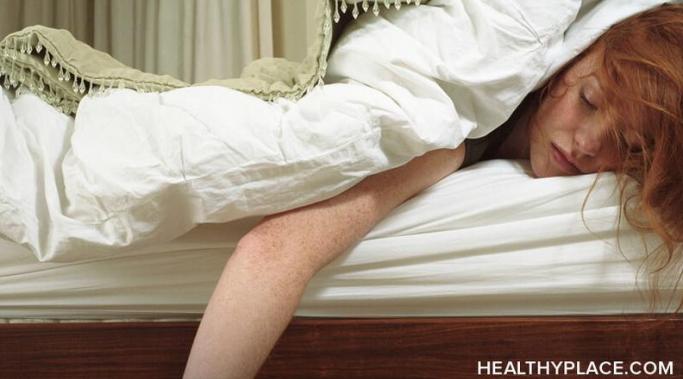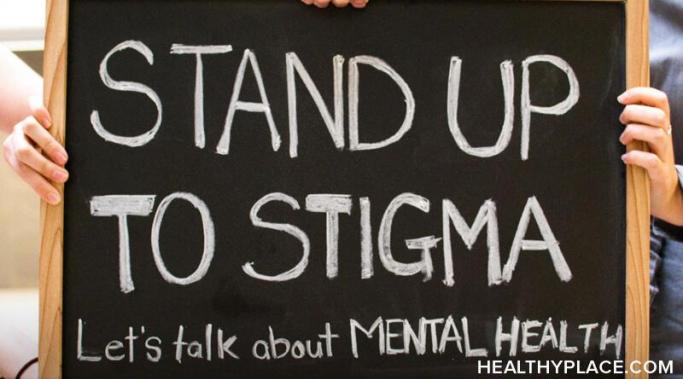Blogs
Love bombing is the single most effective gaslighting tactic there is and it's anything but romantic. If you haven't heard the term before, you can think of love bombing as a breadcrumb trail of compliments, gifts and expressions of love, all of which make you feel safe and valued at the start of a relationship. Sounds ideal, right? It sure feels that way in the beginning, but what if you're actually being groomed for verbal and physical abuse? Here's how to tell if you are being love bombed and why you should take shelter immediately.
There are positive effects of dissociative identity disorder. There. I said it.
I know all about perfectionism and procrastination because I am a perfectionist. And I know perfectionism makes it hard to get anything done.
When you first think about it, that concept doesn’t really make sense. As a perfectionist, shouldn’t I be able to get everything done perfectly?
Rather than fueling my desire to accomplish everything, perfectionism discourages me from wanting to finish anything I start out to do. Perfectionism causes procrastination, and that negatively affects my mental health.
Your mental health and sleep are closely linked. When you don’t get enough sleep, you’re more likely to be irritable or depressed. These qualities don’t make for pretty personalities. However, a little attention to sleep hygiene (habits to increase your quality of and time spent sleeping) can make a large difference in your happiness and overall health. Studies show that lack of sleep can raise the likelihood of developing depression, trigger a bipolar episode, and contribute to anxiety, according to a Harvard Mental Health letter that synthesizes multiple studies.1 How, then, can we improve our sleep in order to experience more of life? Turns out there’s an entire industry around sleep hygiene we can turn to for guidance because improving your mental health through sleep is entirely possible.
When you intentionally cultivate awareness of your anxiety, you develop knowledge and power that will allow you to reclaim yourself and your life. Mental Health Awareness Month is in full swing, and part of celebrating it is spending time with your worries. Rid yourself of it by cultivating awareness of your anxiety. (Oh, and if you’re catching this outside of May, you can still develop insight to beat anxiety. There isn’t a time frame for beating anxiety.)
Managing dissociation when you have dissociative identity disorder (DID) is easier when you feel safe and secure. When the system feels safe, it is easier to function more effectively. But what happens when the environment changes and all of a sudden, that sense of safety is gone? Is it still possible to manage dissociation when you don't have a secure environment to live in?
We should fight depression stigma now because May is Mental Health Awareness Month and the spotlight is on mental health and depression stigma. That means there is a greater opportunity to reach a wider audience about how we can work together to fight the stigma surrounding depression and other mental illnesses. With this in mind, how can we best use the time that we have during the month of May to fight depression stigma?
When it comes to succeeding in eating disorder recovery, one stubborn misconception needs to be discredited—the good food versus bad food debate. Mainstream culture has propagated the idea of attaching morality to certain food groups by idealizing some and demonizing others. But this paradigm is nothing more than a fabricated social construct with destructive implications. When a food is labeled either "good" or "bad," it suggests the person who consumes that food must take on a similar virtue. But the reality is, character is not based on someone's diet. Integrity cannot be measured by asking the question, "Did you eat a salad or cheeseburger for lunch?" What you eat doesn't define you. Foods should not be forced into categories any more than humans should. In order to prioritize eating disorder recovery, it's time to stop the good food versus bad food debate.
In the past few years, I've developed a crippling fear of driving, way beyond driving anxiety. People who know me now find it hard to believe that I used to drive every day in Los Angeles traffic. When I was younger, I was fearless. In my early 20s, I lived in Los Angeles, which now feels like a different planet compared to my present-day home in Toledo. I never had a fear of driving when I was younger and I'm hoping that my motivations to succeed in business will continue to help me overcome this specific phobia.
Let's shed some light on understanding anxiety to celebrate Mental Health Awareness Month. After all, anxiety affects everyone. Every human being on this planet, across cultures, genders, age groups, socioeconomic groups, and all other groups of people, experiences anxiety. To be sure, not everyone has an anxiety disorder, but anxiety itself is part of the human condition. Therefore, it makes sense that during Mental Health Awareness Month we increase our understanding of anxiety. By doing so we celebrate. We celebrate being human and having the ability to take charge of our mental health despite anxiety.









